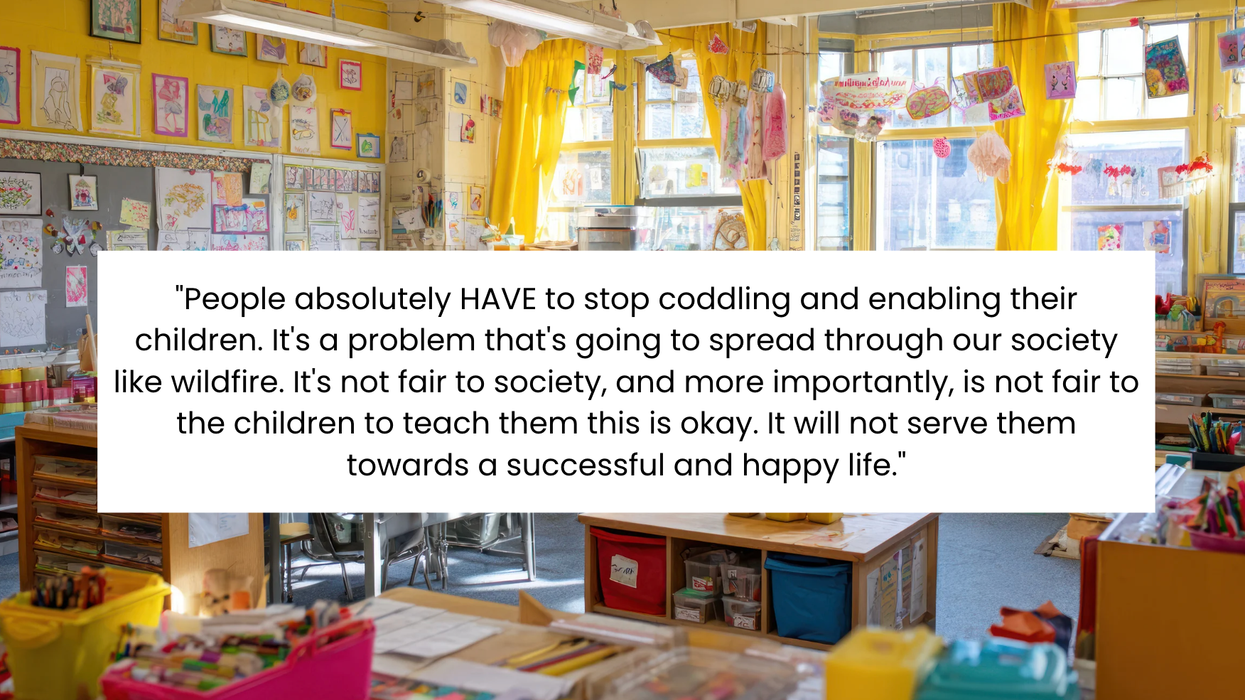You've seen the pictures -- dolphins, fish, and turtles lie trapped, writhing and dying in abandoned fishing nets, permanently wrecking the fragile balance of our ocean ecosystems. These "ghost nets," as they're called, are a particular problem on the vast coastline of Chile, where landfills are privatized, and where fishermen have to dispose of old nets on their own. Even if the infrastructure was in place to do so effectively, many can't afford to cover the price.
But three American mechanical engineers are rolling in with a solution: they've spent the last year and a half designing a skateboard that offers an ingenious and affordable way for fishermen to recycle plastic waste. After raising more than twice the project's original funding goal of $25,000, "The Minnow" is set to start its first full production run later this year.
When Ben Kneppers moved to Santiago to work as an environmental consultant for the Chilean think tank Fundación Chile, he was struck by how limited resources were in coastal areas for managing fishing waste. Kneppers got together with friends David Stover and Kevin Ahearn to start brainstorming.
"We wanted something that would bring excitement and let the product tell our story," Stover says. "Once we had the skateboard idea, it just took off."
Early last year, Kneppers started building relationships with Chilean fishing syndicates, setting up net recycling programs funded by the New England Aquarium. A Chilean start up accelerator made a seed investment in their idea and launched Bureo Skateboards into existence.
"At first, we were really perceived as these crazy gringos coming in here picking up the trash," Kneppers says. "Now that we actually have this board and can show them that this was made from the [discarded] materials, they're really getting behind it. Our vision is to create this material as a commodity for this community."
















 Otis knew before they did.
Otis knew before they did.